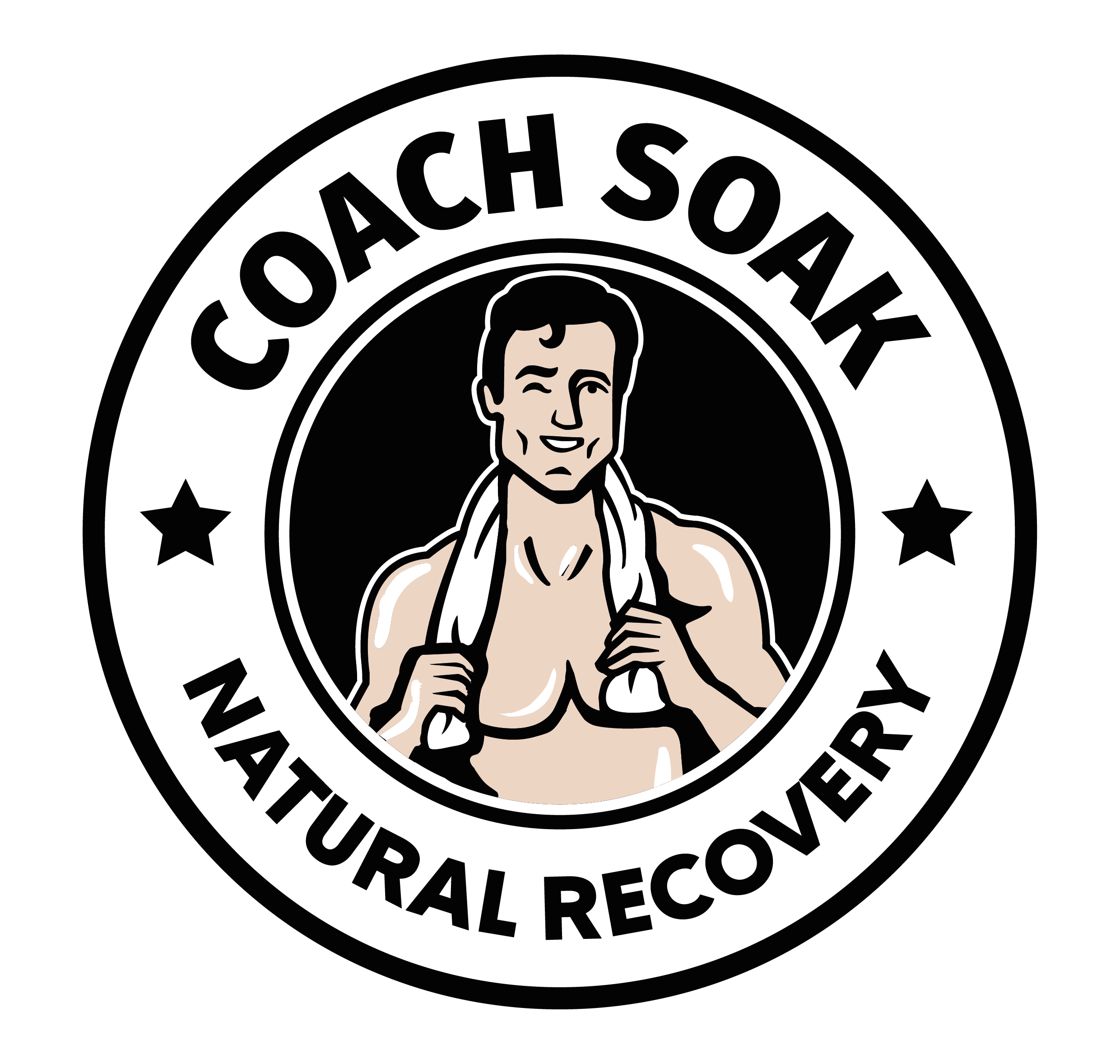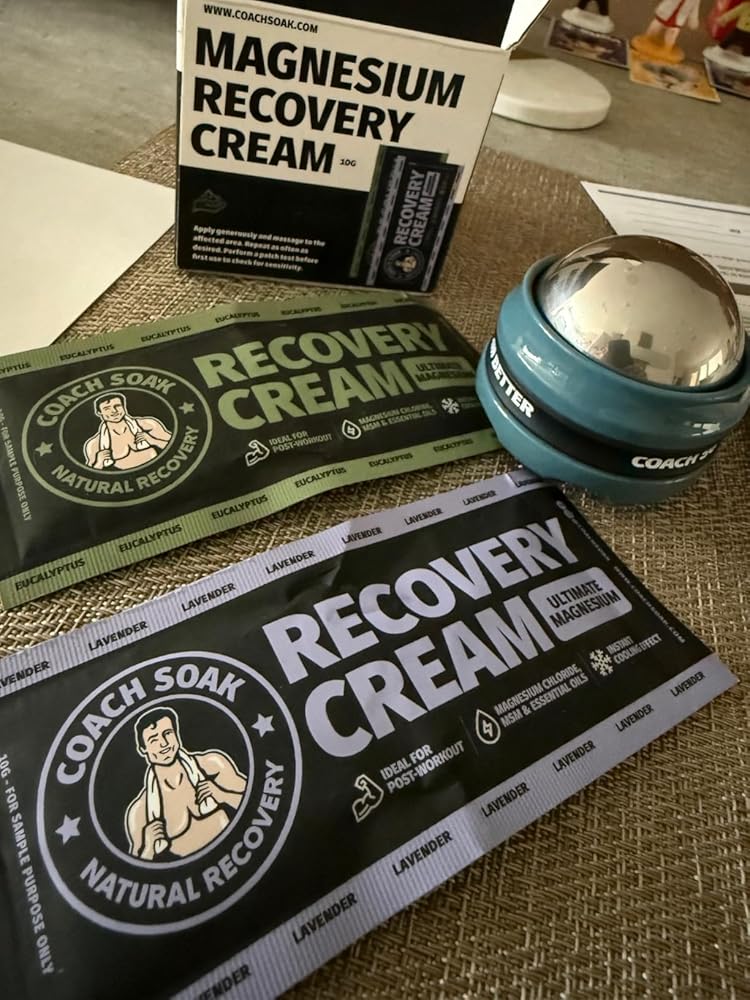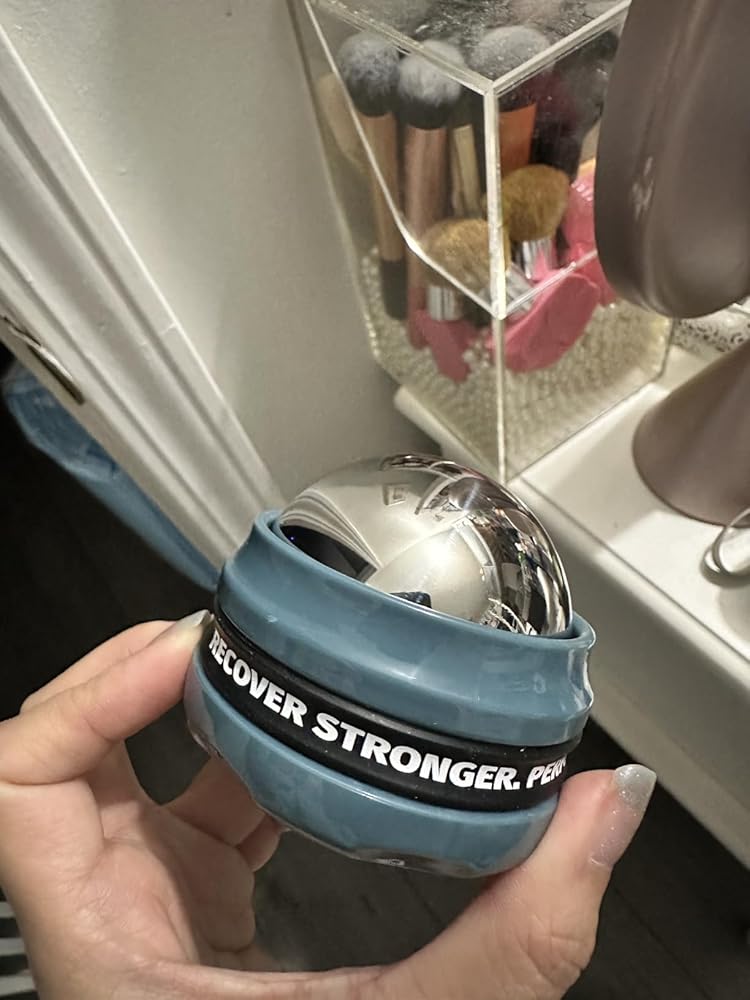When most people look for tactics to improve their fitness and health, they almost always try to find the best diet, training program, or supplement.
But, what if we were to tell you that one overlooked tactic works better than anything else you’re likely to buy and try?
And what if we were to tell you that this tactic is completely free?
This tactic is sleep. Today, we’ll go over exactly what makes sleep so vital for our health and fitness.
Sleep For Good Health
While we don’t fully understand sleep, we do know that it is vital. Countless studies have shown that getting adequate sleep is essential for almost every process within the body. Some notable examples include:
1) Cellular restoration.
While sleeping, the body has a chance to catch up on recovery and restore itself – this includes muscle repair, hormonal synthesis, growth and development, and more.
2) Cognition and brain health.
Adequate sleep is vital for brain health, as it allows the brain to recover and flush out waste products. All of this allows the brain to function better, which leads to improvements in:
- Thinking skills
- Memory
- Decision-making
- Creativity
- Focus
- Concentration
- Problem-solving
- Emotional status
3) Well-being.
Because sleep has such a profound effect on the brain, getting enough of it appears to improve our overall feeling of well-being.
4) Immune system.
Research suggests that getting enough sleep is among the most critical factors for optimal immune system function.
5) Cardiovascular and metabolic health.
Getting enough sleep appears to be vital for our cardiovascular health, and people who get at least seven hours every night are much less likely to suffer from heart disease, strokes, and heart attacks.
What’s more, adequate sleep allows for proper metabolic functioning and helps prevent the development of diabetes and similar conditions.
The Importance of Sleep For Our Fitness Results
There are four considerable aspects of fitness that are heavily influenced by sleep:
1) Recovery.
As we sleep, the body has a chance to catch up on recovery. It ramps up the production of growth hormone, testosterone, and IGF-1, all of which play a vital role in growth and development.
All of this results in better recovery, which allows us to train more and progress quicker.
2) Muscle gain.
Aside from the fact that adequate sleep improves muscle recovery (which is a vital factor for muscle growth), getting at least seven hours of sleep appears to be critical for muscle gain.
3) Performance.
Sleep deprivation is directly linked to the lack of motivation, the inability to focus, and decreased athletic performance.
So, to have the best workouts possible, you need to go to the gym in a fresh and recovered state. Otherwise, you won’t be able to train as hard, and you won’t be able to progress optimally.
4) Fat loss.
One prominent study from 2010 did a great job of illustrating just how vital sleep is for fat loss. In that trial, ten overweight people were put on two different plans (with at least three months in-between conditions) for two weeks:
- Consuming about 1,450 calories per day (48 % of calories from carbs, 34 % from fats, and 18 % from protein) and sleeping an average of 7 hours and 25 minutes.
- Consuming the same amount of calories with the same diet composition but only sleeping for 5 hours and 14 minutes on average.
In both conditions, subjects lost about 6.6 pounds over the two weeks. When they slept for over seven hours per night, they lost fat and lean tissue at a 50/50 ratio. When they slept for a little over five hours, they lost fat and lean mass at a 20/80 rate.
Yes, in the sleep-deprived condition, a mere fifth of the overall weight loss was actual fat mass.
Keep in mind that everything besides their sleep was the same, and it resulted in such a vast difference in fat loss.






